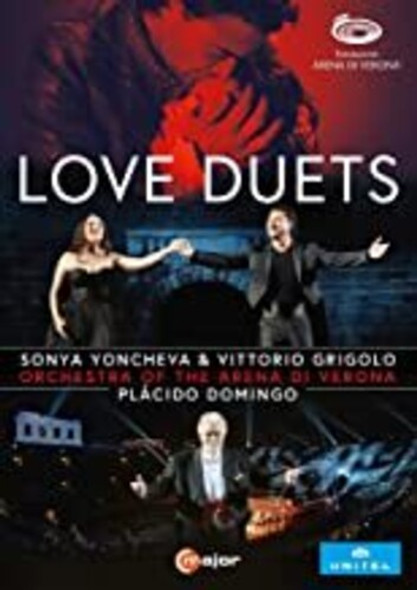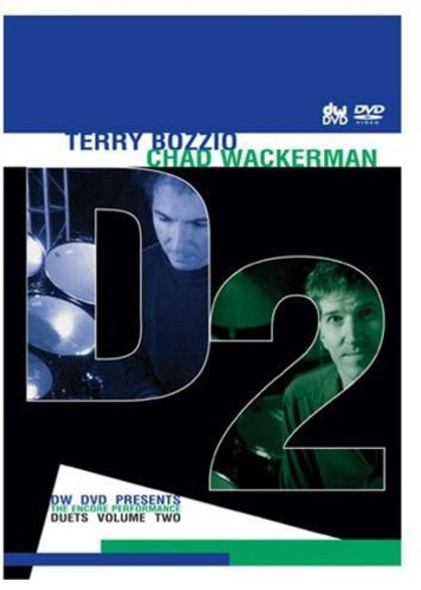Description
The name of Mary Howe (1882-1964) seems to have vanished from the history books. But she was an important voice in American music in the first half of the twentieth century, as an activist and organizer and, especially, as a composer. This pioneering album of her songs shows her late-Romantic style open to influences from Debussy, Mahler, Richard Strauss and other contemporaries: she was, she said, 'alert for new sensations, like a Puritan on a holiday'. Mary Howe was born in Richmond, Virginia in 1882. Her early musical training included studies in Germany with Richard Burmeister, a pupil of Liszt. She studied at the Peabody Conservatory of Music where she met Anne Hull with whom she formed a duo piano team that toured in recital from 1920-1935. In 1922, Howe became one of the few women at Peabody to have earned a diploma in composition at that time. With her three children, she appeared with the 4 Howes singing madrigals and early music. In 1930 she raised the money to found the Washington-based National Symphony Orchestra. Together with Elizabeth Sprague Coolidge, she also founded the Chamber Music Society of Washington. In 1925 or 1926 she worked with Amy Beach to organize the Association of American Women Composers. A short period of coaching with Nadia Boulanger in Paris is 1933 marked the end of her formal training. Her diverse catalogue of compositions comprises more than two hundred titles, including works for orchestra, chamber ensembles, chorus, piano, and art songs for solo voice.
View AllClose






